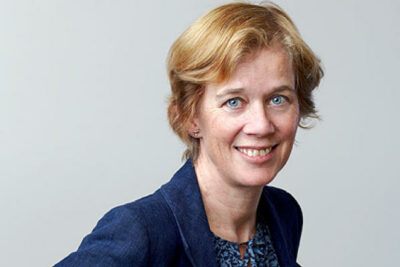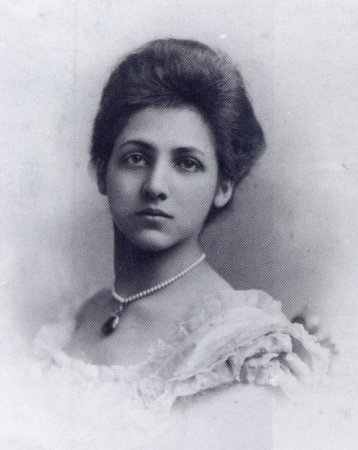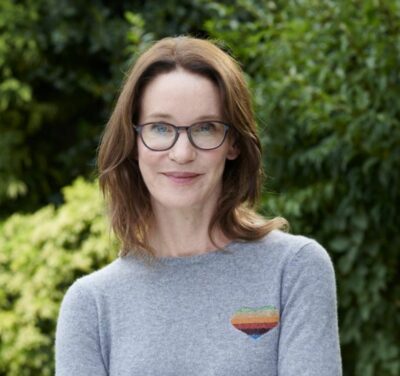In the 144 years since we became one of Oxford’s first colleges for women, Somerville women have broken barriers, smashed glass ceilings and made their mark on the world. In our Women’s History Month edition of Spotlight on Somerville, we celebrate the women who have made – and are making – history.
Leading the way in Science
Our alumna have long been scientific pioneers. In fact, it started even before we were founded with our namesake, Mary Somerville, the person for whom the term ‘scientist’ was originally coined, writes Maria Popova for The Marginalian in this beautiful article examining the contemporary impact of Somerville’s work and lessons from her life.

Professor Dame Angela McLean
To mark International Women’s Day, Diabetes UK featured a Somervillian whose work has changed the lives of millions: Dorothy Crowfoot Hodgkin (1928, Hodgkin), the only British woman to win a Nobel Prize for science, and the researcher who discovered the structure of insulin.
Professor Dame Angela McLean (1979, Maths), has achieved another amazing Somerville science first with her new appointment as the first ever female Chief Scientific Advisor to the UK government, which earned her a profile from the BBC.
We ended the month with the wonderful news that our alumna Hilary Newiss (1974, Law) has been elected an Honorary Fellow of the Academy of Medical Sciences.
Changing the World

Catherine Duleep Singh
When it comes to Somerville women who changed history – for better or worse – no conversation would be complete without our former Principal Daphne Park (Principal 1980-1989), the controversial ‘queen of spies’. Baroness Park featured on Alistair Campbell and Rory Stewart’s podcast ‘The Rest is Politics’ at the end of last year as the political figure Stewart misses most. ‘Daffers’ Stuart says, was ‘an amazing figure in my childhood. She was remarkable not just in being the first senior woman in British Secret Service who led the Congo station during the Congo coups, but canny in the way she analysed interventions in Iraq and Afghanistan.’ She was also, Stuart added, ‘one of those people who seemed to get more left-wing as she got older.’ Listen from 2:48 (with thanks to Jo Magan (1984, PPE) for letting us know about the reference!)
Then there are those Somervillians who not only had an impact in their own time, but whose legacy grows richer with passing years. Catherine Duleep Singh (1890, Modern Languages) was not only one of the first women of colour to study at Oxford University; her fight for women’s rights, her efforts to save Jews from the Nazis and her quietly openly queer life in a time when homosexuality was criminalised and reviled make her an increasing source of inspiration for young LGBTQ+ people of south Asian heritage, writes Mehr Singh for The Juggernaut (paywall).
Calling the Future: Ideas from the Experts

Susie Dent
In the here and now, our experts are sharing ideas that are timely, optimistic and progressive. Countdown’s Susie Dent (1983, Modern Languages) shared a feminist lexicology on International Women’s Day for The I, drawing together strands of research to show how young women have shaped the English language.
Our Emma Smith (1988, English), Oxford University’s Professor of Shakespeare Studies, has defended the importance of studying the humanities against a backdrop of increasing attacks on the relevancy of the subjects in this interview and profile with Oxford University.
Finally, our Fellow and Tutor in Economics, Dr Margaryta Klymak, has co-authored new research showing that the war in Ukraine has had an impact presumably unintended by Putin: increased support for democracy, the European Project and the rule of law. This research has been picked up by both The Independent and The Financial Times.
Supporting Young Carers
15th March was Young Carers’ Action Day. We celebrated by launching our new Insight Into Higher Education For Young Carers day, conceived by our student and young carer Holly Cobb (2021, Modern Languages) and featured by the Oxford Mail.

Holly Cobb (left) with Somerville Access and Inreach Support Officer, Órla Lavery